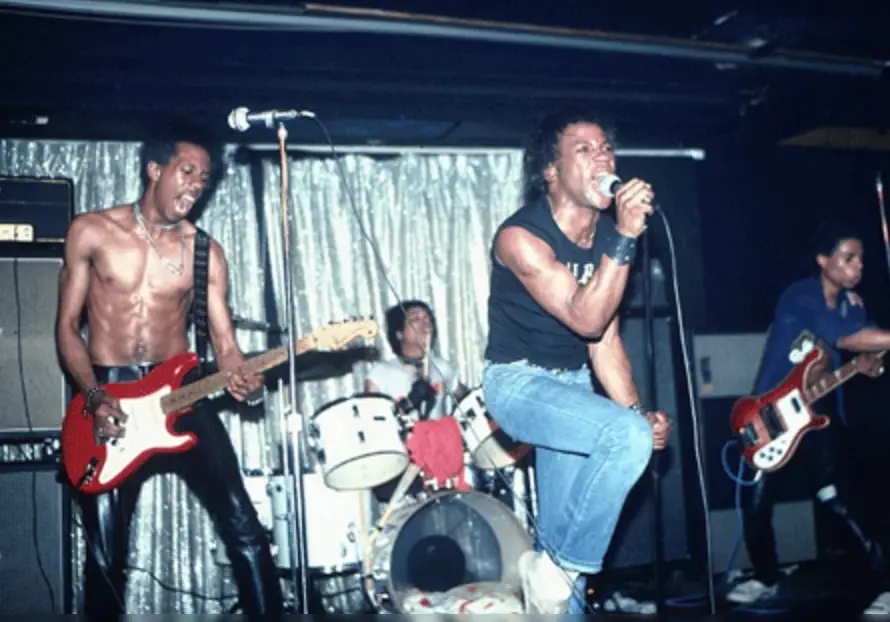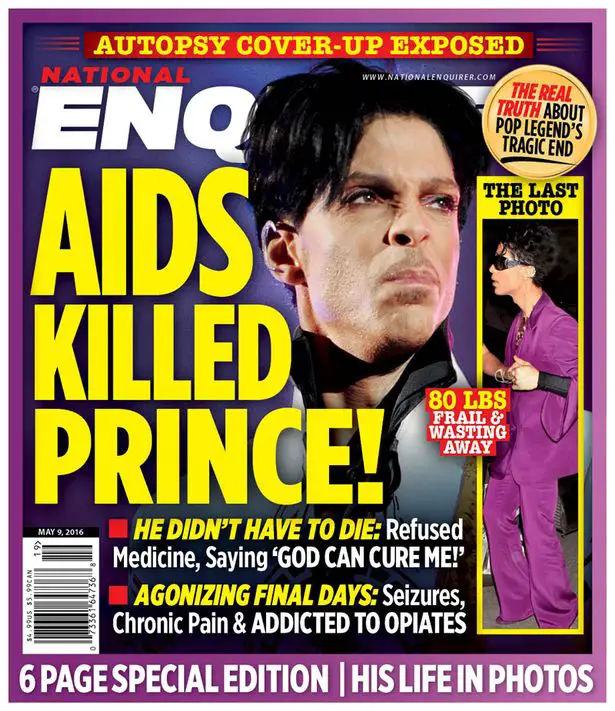
Pure Hell: America’s first all-black pure punk band
How could I have missed Pure Hell all these years? According to this article in Dazed, this West Philly band was the first all-black pure punk band in America. (If you have your hand up about Detroit’s Death, hang on. That will be addressed in a second.)
Pure Hell–contemporaries of Sid Vicious and members of the New York Dolls–has been completely overlooked by history. That needs to be fixed starting now.
n essential part of learning history is questioning it, asking what has become part of our cultural memory and what might have been left out. When it comes to the history of punk music, there are few bands who have been as overlooked as Pure Hell.
The band’s story began in West Philadelphia in 1974, when four teenagers – lead vocalist Kenny ‘Stinker’ Gordon, bassist Lenny ‘Steel’ Boles, guitarist Preston ‘Chip Wreck’ Morris and drummer Michael ‘Spider’ Sanders, set out to follow in the footsteps of their musical idols. A shared obsession with the sounds of Iggy, Bowie, Cooper, and Hendrix inspired them to create music that was louder, faster and more provocative than even those artists’ most experimental records. Pure Hell’s unique sound led them to New York, where they became characters in a seminal subculture recognised today as punk. As musicians of colour, their contribution to a predominately white underground scene is all the more significant. “We were the first black punk band in the world,” says Boles. “We were the ones who paid the dues for it, we broke the doors down. We were genuinely the first. And we still get no credit for it.”
The title of the ‘first black punk band’ has, in recent years, been informally given to Detroit-based Death, whose music was mostly unheralded at the time but has since been rediscovered and praised for its progressive ideas. But while Death were creating proto-punk music in isolation in the early 1970s, Pure Hell were completely entrenched in the New York City underground scene, living and performing alongside the legends of American punk. Arriving the same month that Patti Smith and Television began their two-month residencies at CBGB and leaving just after Nancy Spungen’s murder, Pure Hell’s active years in the city aligned perfectly with the birth and death of a dynamic chapter of music history. “I don’t want to be remembered just because we were black,” says Kenny Gordon. “I want to be remembered for being a part of the first tier of punk in the 70s.”



